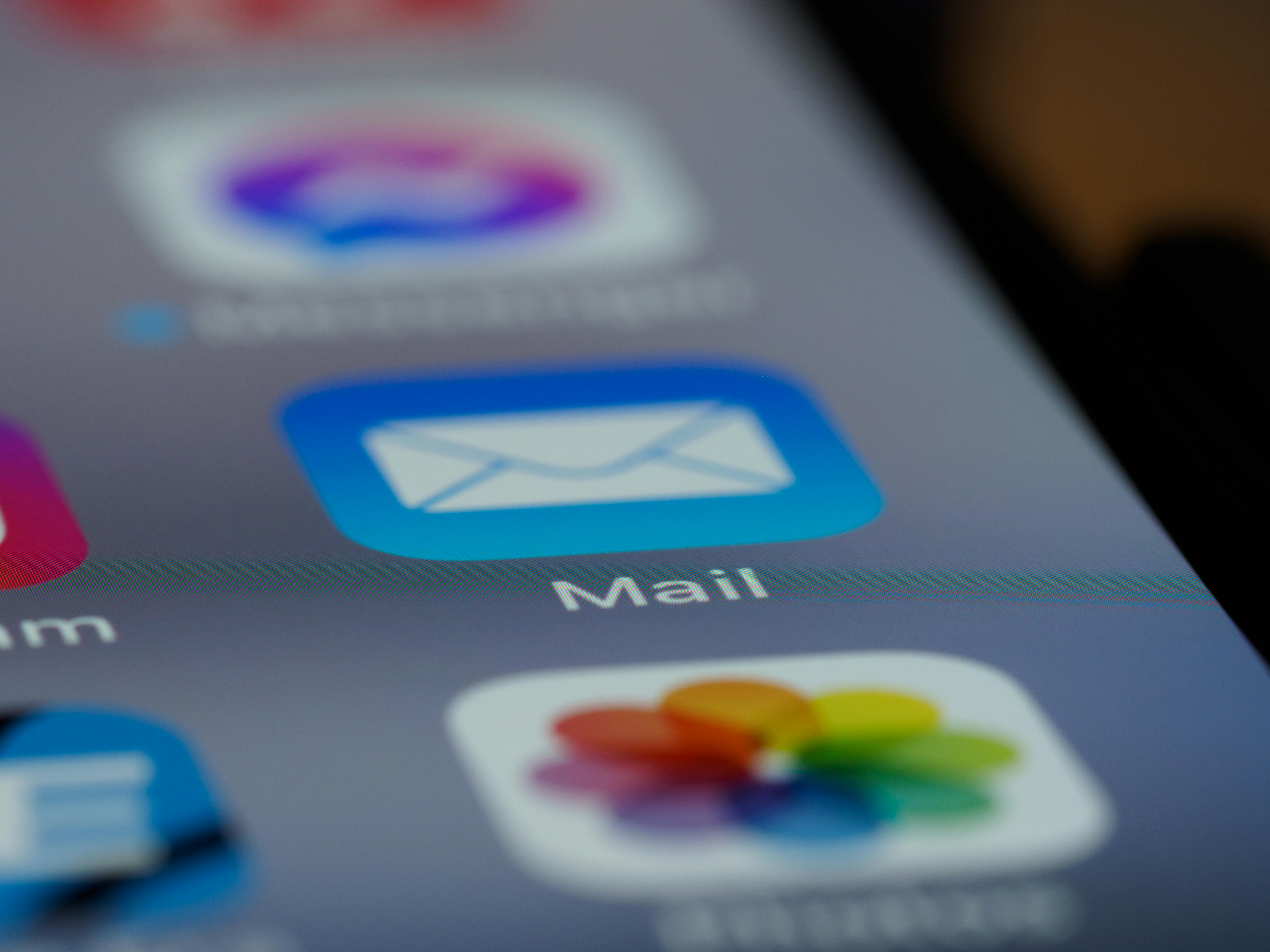Best Free Fact-Checking Sites for Students and Teachers
Fact-checking sites for students to research reports, papers, and more

Tools and ideas to transform education. Sign up below.
You are now subscribed
Your newsletter sign-up was successful
This article was updated May 16, 2024
Fake news is nothing new. Examples of propaganda, sensationalism, and disinformation are known from as early as the 13th century B.C. But in the age of the internet, fake news spreads in a flash and its influence is unparalleled.
An informed citizenry is essential to a functioning democracy. Use these free fact-checking sites to help your students learn how to distinguish reliable information from false information and think critically about what they read online or in print.
Best Free Fact-Checking Sites for Students and Teachers
Verify
Owned by a national media company, Tegna, Verify’s clean and easy-to-navigate interface invites users to browse the latest topics in fake and real news. Search by elections, AI, immigration, student loans, the Israel-Hamas war, Ukraine, and many more relevant themes. Each concise article includes an explanatory video as well as the sources for the information provided. Have a specific claim you’d like to check out? Simply enter your question and email address in the “Send us your question” box.
Gigafact
A nonprofit network of local and national newsrooms that produce fact briefs on topics subject to distortion and falsehoods. These briefs are then submitted to Gigafact and made available to the public at no charge online. Enter your query in the search box, or search by topics, time or news organization. Find a sketchy “news” report online? Submit the URL and the claim to Gigafact, and they’ll consider it for evaluation of veracity.
Lead Stories
In contrast to the simple, sober web design employed by most fact-checking sites, Lead Stories uses colorful banners, sensational headlines, and strategic ALL CAPS to draw the user into their articles. Web design notwithstanding, Lead Stories specializes in debunking social media rumor mongering and AI-generated fake videos and images. Sections dedicated to the 2024 election and the major political parties are especially timely now.
Innoculation Science
From the University of Cambridge, Inoculation Science provides videos and games to illuminate the methods used to propagate false information via social media—and why we humans are vulnerable to such tricks. Lesson idea: Have your students watch the videos, then find posts from their own social media feeds to serve as examples for the given manipulations.
AllSides
Allsides has a unique approach to fact checking, looking at each trending topic from the perspective of left, right, and center media. Often, the key facts are not in dispute; rather, it’s the subtle (or obvious) bias applied to the same set of facts that’s highlighted by AllSides. A good tool to help kids start to understand about media bias and how one’s viewpoint affects the interpretation of events.
Tools and ideas to transform education. Sign up below.
Politifact
The go-to site for verifying political claims, Politifact covers a wide range of issues, people, and promises, and includes 14 state-specific editions. Be sure to check out the Truth-O-Meter, which rates claims on a sliding scale from “true” to “pants on fire.” Factual and enjoyable!
Google Fact Check Explorer
A fact-check search engine, Google Fact Check Explorer is a clever way to quickly check the latest rumors circulating on social media and websites about any topic or person. Enter a name, place, event, or any text and immediately a list of fact-checked claims appears. The claim preview displays the claim, date, and a link to the evaluation.
FactCheck.org
From the Annenberg Public Policy Center, Factcheck.org is one of the oldest and most respected fact-checking sites. Click on FactCheck posts to read the latest news fact-checked. Or select a topic, such as Donald Trump, President Biden, or coronavirus to explore stories that may or may not be 100% true. Each article includes a quick summary, full report, and references.
Snopes
Snopes is flat-out fun, featuring wacky articles about the 8-foot tall woman, cannibalism, and Halloween candy. But underneath the sometimes-amusing subject matter are real fact checkers who investigate the claims, uncover evidence, and present conclusions. And it’s not only outlandish stories, but also any news-worthy topic, including politics, culture and global events. Snopes calls itself the oldest and largest fact-checking site online. Is it true? I haven’t fact-checked that claim, but I know your students will love Snopes.
BBC New Reality Check
The highly respected British Broadcasting Corporation (BBC) takes a wide-ranging look at trends, rumors, global events, and disputed or controversial news stories. Students can dive into the careful analysis and draw their own conclusions.
Tech & Learning editor and contributor since 2010, Diana is dedicated to ferreting out the best free and low-cost tech tools for teachers.
